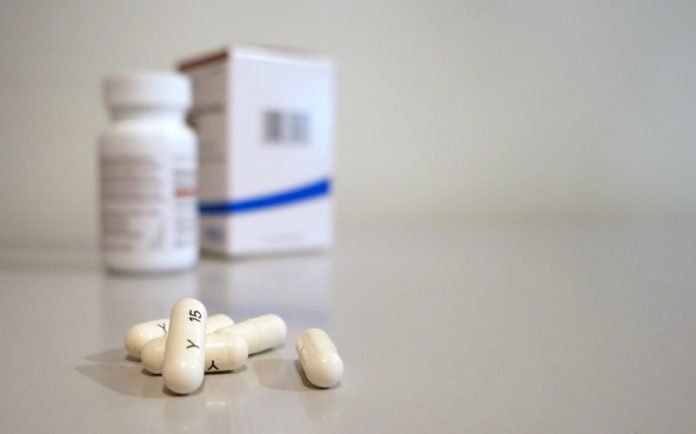
Most cancer-related deaths come from metastases, the spread of cancer cells from a primary tumor to surrounding tissues or distant organs.
The cells that seed metastases are often in microscopic clusters and a surgeon can’t see them.
Chemotherapy is often given after or prior to surgery to eradicate these cancer cells in the hopes of preventing cancer recurrence.
However, chemotherapy sometimes can cause inflammation, which boosts metastasis.
In a previous study from Emory University, researchers found that an anti-inflammatory drug called ketorolac could help stop cancer metastasis if given before surgery.
The therapy can trigger the immune system to eliminate metastatic cancer cells.
The finding also can help explain the anti-metastatic effects of ketorolac, previously observed in human breast cancer surgery.
The study is published in the Journal of Clinical Investigation. One author of the study is Vikas P. Sukhatme, MD, ScD, dean of the School of Medicine.
In the study, the team examined the anti-metastatic effects of ketorolac. It is an inexpensive NSAID.
The drug is only approved by the FDA for short-term pain management due to concerns about its side effects.
The team found that the drug could eradicate cancer metastasis in mice and extend the survival of animals.
In addition, the team found when ketorolac was combined with low-dose aspirin and omega-3 fatty acid, the survival rate increased.
The results suggest that the drug ketorolac could help stop the spread of cancer.
The team hopes their new findings can help develop a better treatment to prevent cancer from spreading in humans.
They will examine how these approaches could be combined with other anti-cancer therapies.
If you care about cancer, please read studies about why some processed meat is strongly linked to cancer, and how drinking milk affects the risks of heart disease and cancer.
For more information about cancer, please see recent studies about artificial sweeteners linked to higher cancer risk, and results showing vitamin D may help avoid tens of thousands of cancer deaths every year.




